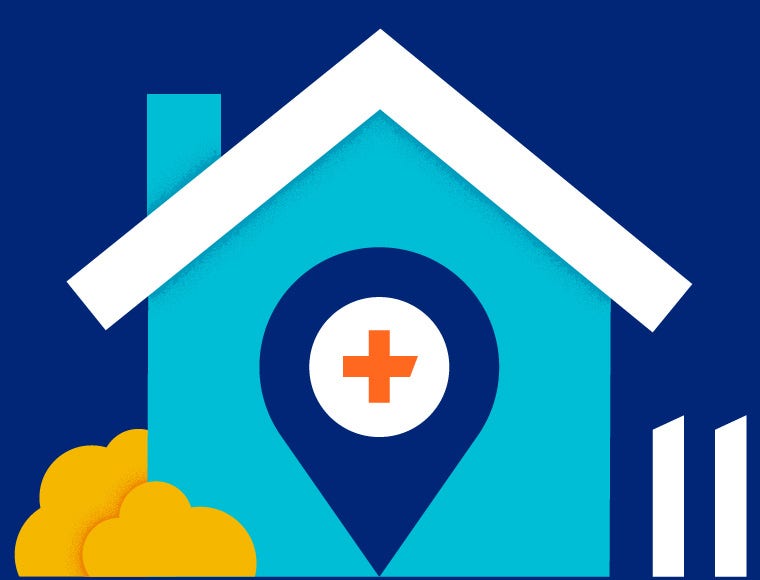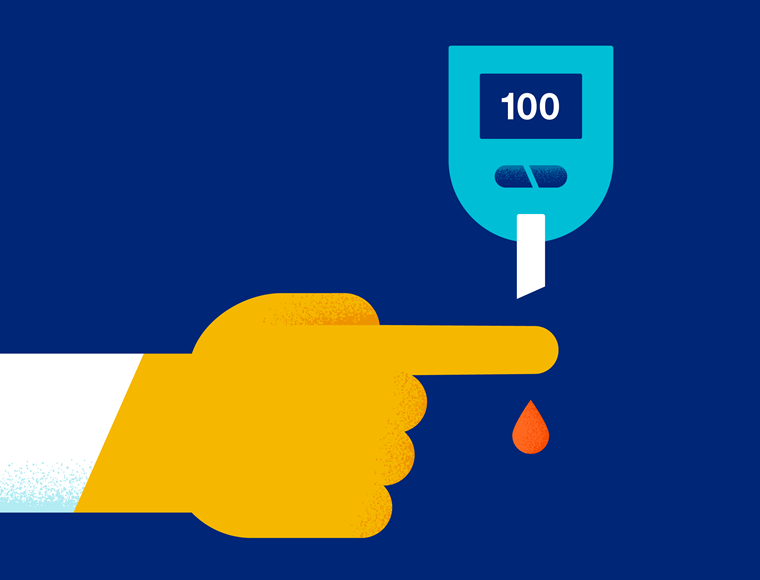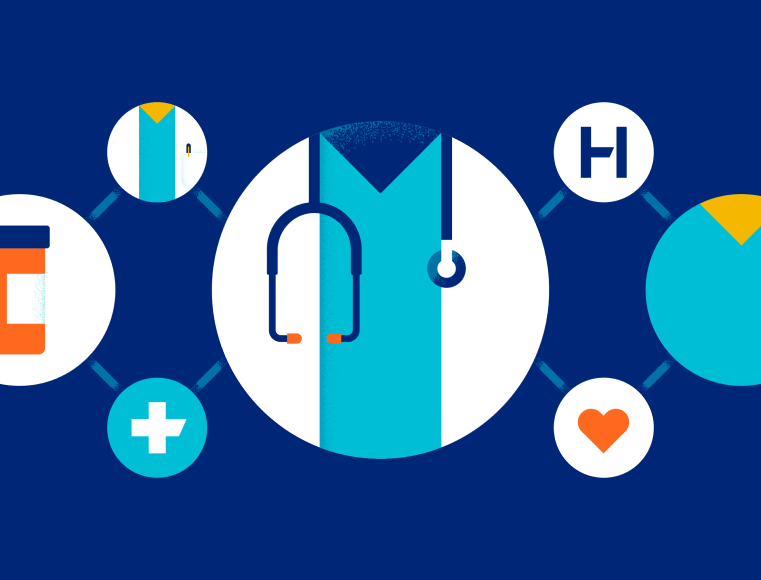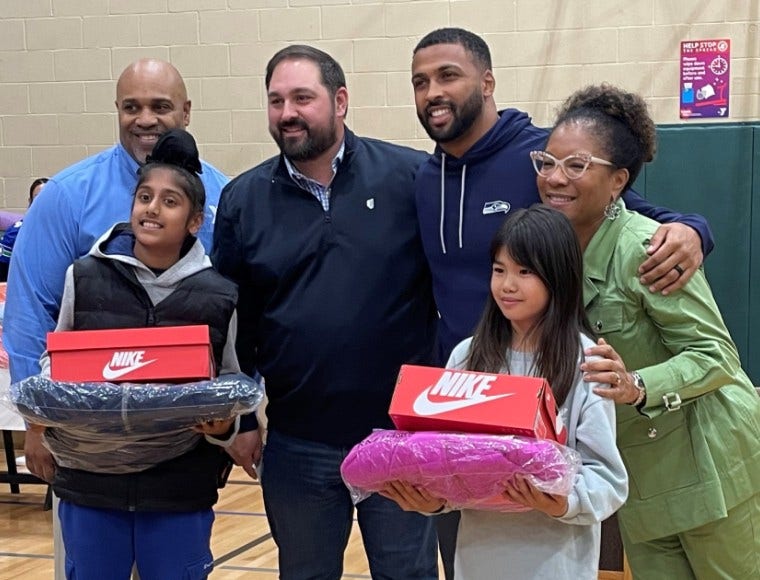Speech and language disorders can significantly affect social connections, academic performance and overall quality of life.1 With nearly 1 in 12 U.S. children experiencing a disorder related to speech, language, voice or swallowing, early identification is critical for timely intervention.2 Among adults, more than 3 million individuals stutter, and approximately 4% experience voice disorders.1 Speech pathologists play an important role in evaluating and treating these conditions, with research showing that early intervention significantly improves therapy outcomes. Medicaid managed care provides access to speech-language pathology (SLP) services for millions of members, ensuring that financial barriers don’t prevent essential care. UnitedHealthcare Community & State advances this goal through its work with virtual SLP program, Expressable, improving access and convenience for members nationwide.
Speech-language pathology
Speech and language disorders are often classified into two primary types: receptive and expressive disorders. Receptive language disorders hinder an individual’s ability to understand and process spoken language, while expressive language disorders affect their ability to convey thoughts, making it challenging to find the right words or form sentences. Speech-language pathologists (SLPs) play a vital role in addressing these challenges, working not only to improve communication but also to guide and support families throughout the therapy process.
However, SLPs can face logistical challenges. Traditional services are typically limited to set office hours and specific physical locations, making it difficult to provide care for individuals in rural areas or those with complex schedules. This gap in accessibility has created a need for innovative solutions that make speech-language pathology services more readily available to underserved populations.
To address these barriers, UnitedHealthcare Community & State offers services from the Expressable program, a national, virtual, speech-language pathology practice for eligible Medicaid and Dual Complete members. Individuals can connect with licensed speech therapists for online therapy sessions and early screenings designed to identify communication challenges. The program utilizes a research-based screening process, providing caregivers with a comprehensive summary of their child’s strengths, areas of concern and recommendations for further evaluation. Families can schedule a free consultation with a licensed SLP to review results, followed by a full assessment to determine medical necessity and develop a plan of care.
A physician referral is required to access Expressable services, which cover a range of needs, including early childhood development, cognitive communication disorders, lisps and reading readiness. Importantly, Expressable offers interpretation services in over 250 languages at no cost, ensuring language is never a barrier to care.
Impact of speech therapy
Research shows that approximately 70% of preschool-aged children who received speech therapy experienced significant improvements in their communication skills, demonstrating the effectiveness of early and consistent intervention.3 In addition, telehealth can make a significant impact on expanding SLP services, particularly in rural areas where access to specialty care can be limited.4 Virtual care helps reduce common barriers such as transportation challenges and long travel times, making therapy more accessible and convenient.
Through virtual speech-language pathology, UnitedHealthcare Community & State strengthens its commitment to expanding access to quality speech therapy services for eligible members. With over 72 million individuals enrolled in Medicaid, virtual programs provide an invaluable opportunity to support children, families and adults in need of speech and language care.5 By increasing access to virtual services, UnitedHealthcare Community & State continues to make a positive impact on members’ lives, helping improve care and overall well-being.
Enjoy this article? Get future Community & State insights delivered right to your inbox.











